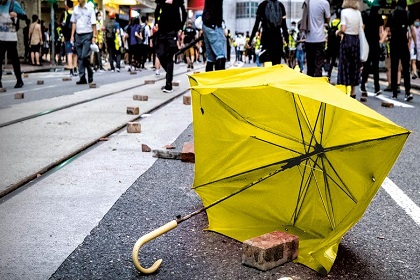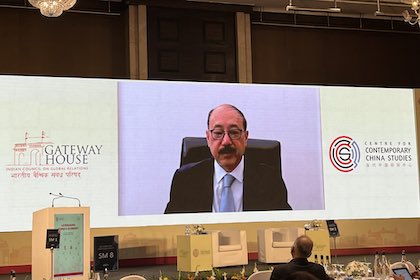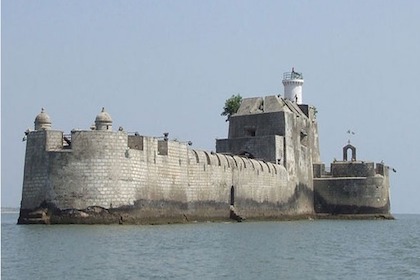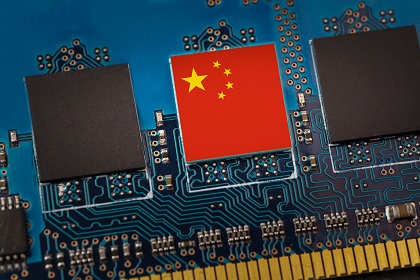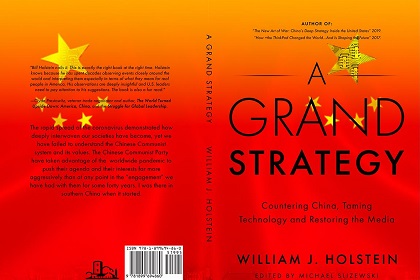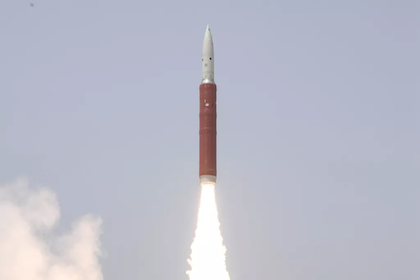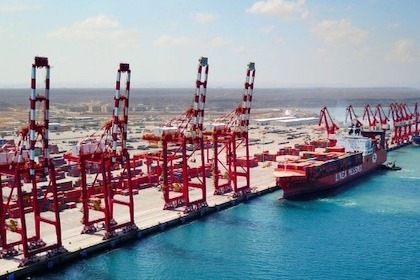Afghanistan in the Sino-U.S. contestation
Themes of rivalry between China and the U.S., of China's readiness to fill the void left by the U.S. withdrawal in Afghanistan, dominate accounts of recent developments in that country. What does China's inclusion in the power game in Asia, with a geopolitical vision remarkably different from that of the West, mean for the developments in Afghanistan?


